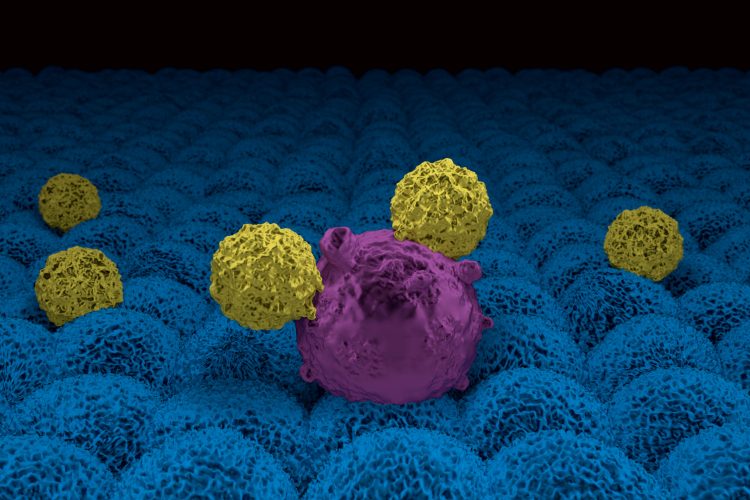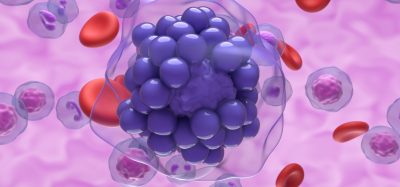FOXO1 improves survival and function of CAR T cells
Posted: 12 April 2024 | Drug Target Review | No comments yet
Evidence indicating that FOXO1 plays a unique role in promoting T cell longevity could result in more effective CAR T cell therapies.


Researchers at Children’s Hospital of Philadelphia (CHOP) and Stanford Medicine have discovered that the FOXO1 protein improves the survival and function of CAR T cells. This could result in more effective CAR T cell therapies and expand their use for cancers that are challenging to treat.
Although CAR T cell therapy, in which a patient’s own T cells are reprogrammed to recognise and destroy cancer cells, fewer than 50 percent of patients who receive it remain cured after a year. One reason for this is that CAR T cells often do not survive long enough in patients to completely eradicate their cancer. Previous research has shown that patients who are cured through CAR T cell therapy often have CAR T cells that live longer and can more successfully fight cancerous cells.
The researchers aimed to understand the underlying biology behind memory T cells so that they could determine what helps CAR T cells live longer. FOXO1, which has previously been studied in mice but remains under-researched in human T cells or CAR T cells, activates genes associated with T cell memory.
CRISPR was utilised to delete FOXO1 from human CAR T cells. The absence of FOXO1 caused these cells to lose their ability to form a healthy memory cell or protect against cancer in an animal model. This supported the idea that FOXO1 controls memory and antitumor activity.
Then, the team applied methods to force CAR T cells to overexpress FOXO1, which turned on memory genes and enhanced their ability to persist and fight cancer in animal models. Conversely, when the researchers overexpressed a different memory-promoting factor, there was no improvement in CAR T cell activity, indicating that FOXO1 plays a more unique role in promoting T cell longevity. Notably, the team also found evidence that FOXO1 activity in patient samples correlates with persistence and long-term disease control, implicating FOXO1 in clinical CAR T cell responses.
Senior study author Dr Evan Weber, assistant professor of Pediatrics at the University of Pennsylvania Perelman School of Medicine, and cell and gene therapy researcher within the CHOP Center for Childhood Cancer Research (CCCR) and the Center for Cellular and Molecular Therapeutics (CCMT), explained: “These findings may help improve the design of CAR T cell therapies and potentially benefit a wider range of patients…We are now collaborating with labs at CHOP to analyse CAR T cells from patients with exceptional persistence to identify other proteins like FOXO1 that could be leveraged to improve durability and therapeutic efficacy.”
This study is published in Nature.
Related topics
Cell Therapy, Chimeric Antigen Receptors (CARs), CRISPR, Drug Development, Immuno-oncology, Immunotherapy, T cells
Related conditions
Cancer, Cancer Research
Related organisations
Children's Hospital of Philadelphia (CHOP), Stanford Medicine
Related people
Dr Evan Weber (CHOP & University of Pennsylvania)








